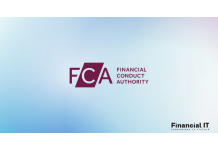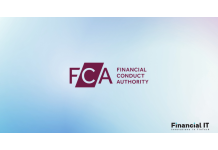Ripple Expands European Regulatory Footprint With...
- 14.01.2026 09:25 am
Droit Launches Decision Decoder
- 08.01.2026 11:35 am
SmartSearch Completes Acquisition of Credas To Enhance...
- 07.01.2026 11:25 am
ABN AMRO Boosts Digital Innovation with MiCAR Licence...
- 23.12.2025 10:15 am
FCA Launches Firm Checker To Fight Financial Crime
- 10.12.2025 11:05 am
FCA Helps Firms to Test AI Safely
- 03.12.2025 02:40 pm
FCA Sets Out Proposals to Make ESG Ratings Transparent...
- 01.12.2025 12:15 pm
Nasdaq AxiomSL Expands RegTech Deployment With Revolut...
- 26.11.2025 02:45 pm
Smarsh and Google Partner to Deliver Encrypted RCS...
- 19.11.2025 02:35 pm
London Stock Exchange Group Enables Automated...
- 06.11.2025 06:45 am
Cube Launches Industry-Leading Cost of Compliance...
- 04.11.2025 10:45 am
Napier AI Selected for FCA Supercharged Sandbox Launch
- 03.11.2025 12:45 pm






















